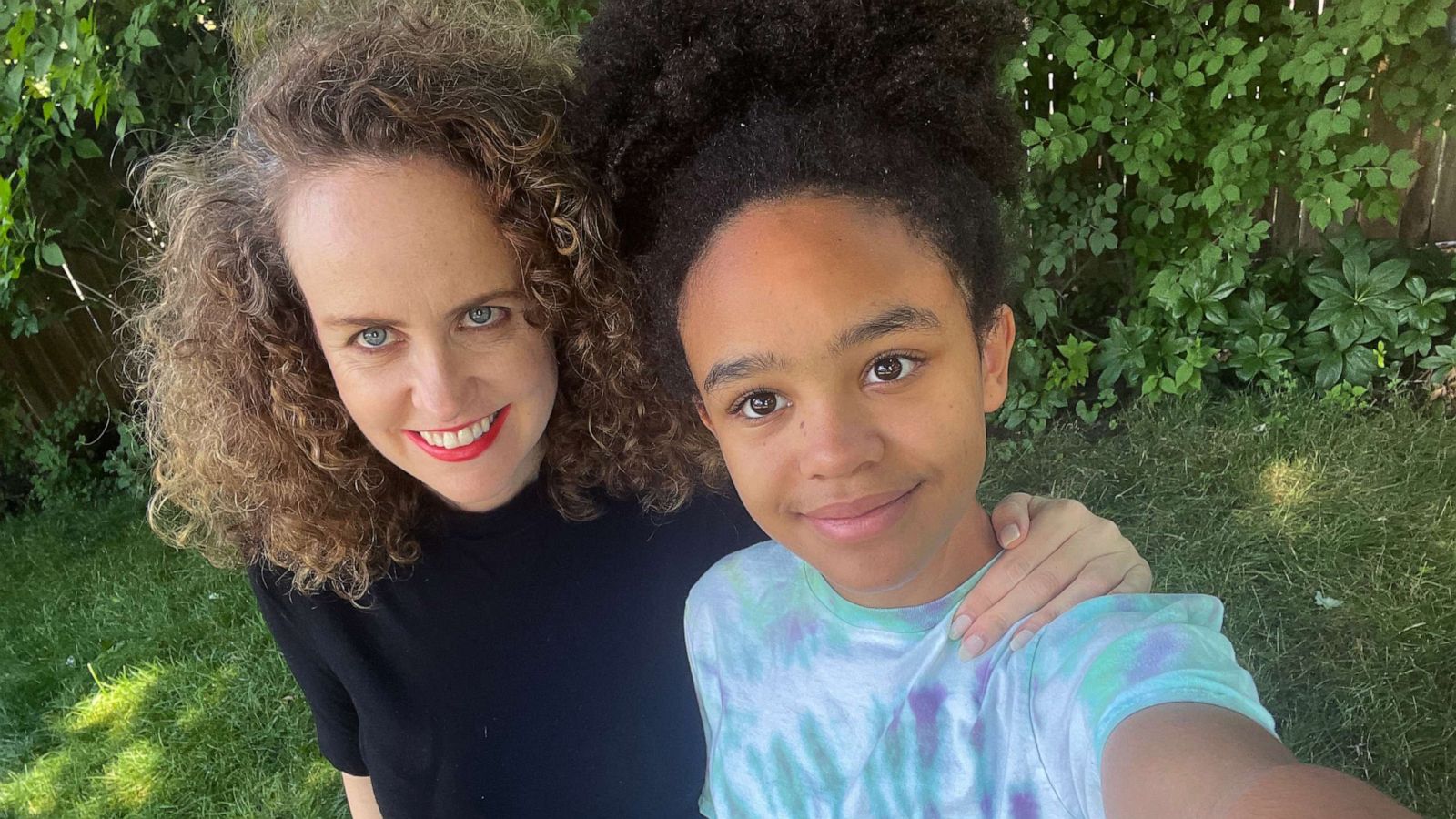States
California Mother Accuses Southwest Airlines Of “Blatant Racism” In Her Lawsuit.

The Alleged Racial Profiling
Recently, a mother’s lawsuit against Southwest Airlines revealed severe racial profiling. An airline employee reportedly reported Los Angeles white mother Mary MacCarthy and her multiracial 10-year-old daughter Moira for human trafficking while they were flying. Despite no probable cause, the mother and kid were questioned by police, which was embarrassing.
Continuing Emotional Effects
Mary and her daughter were deeply affected by the tragedy. Mary is particularly vigilant in public areas, especially airports, where she worries about being scrutinized or reported for even the slightest contact with her kid. Moira still struggles to talk about the experience. This event shows the long-term effects of racial discrimination and the need to eliminate social prejudices.
Southwest Airlines: Legal Action And Responsibility
David Lane, Mary MacCarthy’s attorney, stressed Southwest Airlines’ practice of racial profiling to engage law police. He compared the scenario to police enforcement racial profiling, saying firms cannot engage in such discrimination. Southwest Airlines refused to comment on the case. The complaint seeks to force the airline to redraft its diversity and inclusion policies and training, stressing the need for responsibility and change.
Read Also: California Muslim Mayor Farrah Khan Fights Racism And Promotes Inclusivity For All Citizens.
Racial Bias In Public Spaces: Social Effects
The Southwest Airlines case highlighted public space racial inequalities, notably against people of varied races. Racial profiling and prejudice cause mental suffering and foster a culture of fear and mistrust among minority populations. This case underscores the critical need for awareness and inclusive measures to create a more fair and respectful society by emphasizing minority groups’ systematic issues.
In public, subtle racial stereotypes make people feel watched and unwanted. Fear of being unfairly targeted or criticized might increase anxiety and the urge to move carefully. Mary MacCarthy and her daughter’s experience shows the significance of cultural awareness and stereotype elimination to build a safe and accepting atmosphere for everyone.
Additionally, it emphasizes the need for diversity training for workers across sectors. By recognizing cultural differences, businesses may promote tolerance and respect, reducing the danger of discrimination. Strong rules that emphasize the safety of varied groups may assist in creating a more inviting and secure environment for everybody, preventing race and ethnicity-based discrimination.
Relationships And Trust Between Parents And Children
Mary MacCarthy and her daughter’s unpleasant meeting has strained their relationship and raised trust and security worries. The event reminds many interracial families of the problems they may face owing to discrimination and misconceptions. Parents frequently struggle with the emotional toll of safeguarding their children from discrimination building resilience and self-confidence.
Mary and Moira prioritize open communication and security following the event. A good parent-child relationship requires a friendly atmosphere that fosters conversation and racial identification. Therapeutic therapies and support networks may assist families in negotiating interracial relationships and encourage children to feel acknowledged in their identities.
Advocate For Policy Change And Community Support
Mary MacCarthy’s legal action spurs legislative improvements and community support to end public racial discrimination. It emphasizes the necessity for strict policies that hold firms responsible for discrimination and safeguard marginalized groups. Communities may create a more fair and compassionate society by lobbying for comprehensive diversity, equality, and inclusion legislation.
Community support and legislative measures help build solidarity and raise awareness of racial bias’s negative impacts. Educational seminars, advocacy campaigns, and support groups may unite and empower people to fight bigotry and promote acceptance and respect. Community efforts and proactive measures may lead to significant change and a more inclusive, diverse community.
Awareness And Alliances Are Crucial
The Southwest Airlines case has sparked widespread support from individuals, advocacy groups, and like-minded organizations. It emphasizes recognizing racial prejudice and organizing supporters to fight it. Mary MacCarthy’s story may inspire collective action in an age where social media and online communities can speak for change.
Racial prejudice awareness initiatives and public debate may change society’s views. They may confront preconceptions and prejudices to recruit anti-discrimination allies. Sharing stories on social media, attending demonstrations and marches, and supporting racial equality groups are significant ways to make a difference.
Corporate Accountability
The Southwest Airlines case highlights corporate responsibility, especially in diversity and inclusion. Southwest Airlines’ actions have prompted issues about their staff training, standards, and inclusiveness. Many firms have been criticized, underlining the need for them to assess their policies and make substantial adjustments to avoid racial discrimination.
Some companies have improved their diversity training and established explicit policies for handling discriminatory acts in response to such situations. They understand the necessity of holding people responsible and addressing racial prejudice quickly. Corporate accountability prevents such problems and promotes a diverse workplace.
Continuing The Race Equality Fight
Mary MacCarthy’s lawsuit highlights the continuous campaign for racial equality. Racial prejudice has improved, but occurrences like hers show that more has to be done. Systemic change, education, and activism are needed to achieve racial equality.
People, communities, and institutions should work together to end racial prejudice. To make the world more equitable and inclusive, laws, regulations, and attitudes must change. Individuals may help the racial equality movement by funding organizations, participating in anti-discrimination efforts, and having productive race talks. We must persevere and dedicate ourselves to making prejudice uncommon in our culture.













You must be logged in to post a comment Login